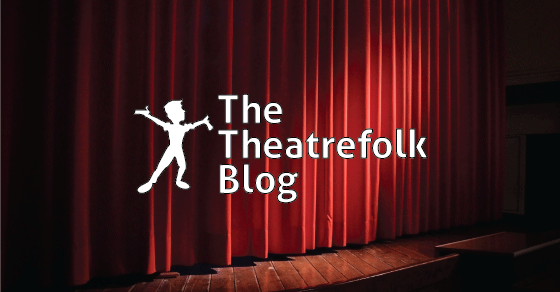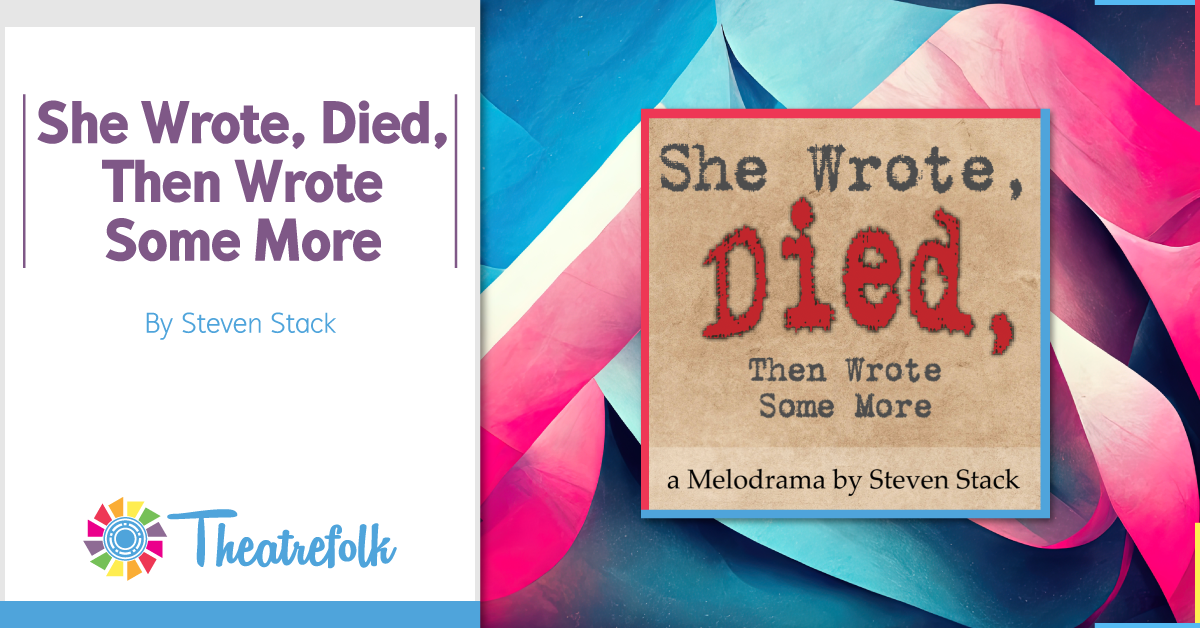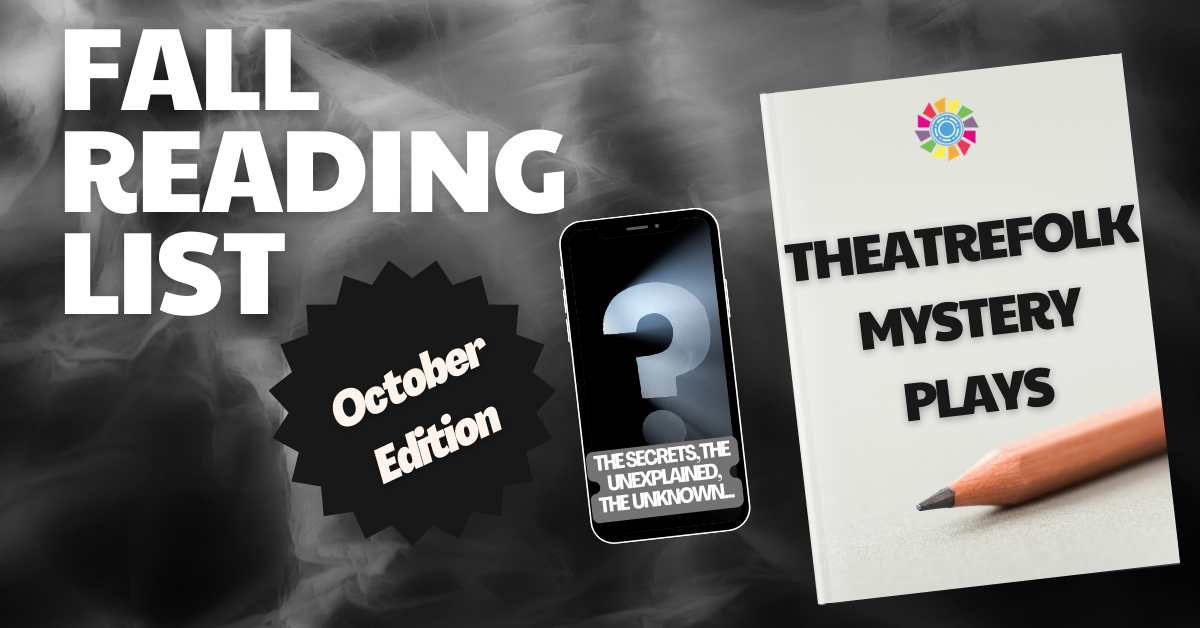Agatha Rex by Lindsay Price is a bold high school take on Antigone - packed with heart, conflict, and a powerhouse ensemble. One girl. One stand. One huge risk. *NEW COMPETITION VERSION AVAILABLE!*
A Melodramatic Look at Melodramatic Comedies
This is a Guest Post from Alina Deveraux, famed author (or so she tells us).
See the bottom of the post for a free printable PDF melodrama activity including two monologues and a scene from the play.
So you’re looking into doing a melodramatic comedy, but you’re afraid. No doubt you’re afraid of venturing into a new genre that’s only been around since the 1770s. Perhaps you’re also afraid of performing a form of theatre that is actually quite challenging to do correctly. I understand your fears, as I consider myself to be the leading player in my own melodramatic comedy. Because I am.
Let me introduce myself. My name is Alina Deveraux, famed author of The Secret Life of a Secret Whose Sharing Shall Remain Secret: A Love Story and the forthcoming She Writes With Quill: A Moment by Moment Recollection of the Life of Alina Deveraux Up Until Now. I must also add that I’m also a character in playwright Steven Stack’s one-act melodramatic comedy mystery She Wrote, Died, and Then Wrote Some More, which is based on the events that unfolded on the night of my book’s unveiling.
Steven asked me to write a few words on why directors should pick a melodramatic comedy for their next performance rather than any other type, and as a writor myself, I was of course more than happy to oblige. Let’s be frank: he wants you to do his play, my story, which of course I do as well – it is the story of my life’s work, after all, and has been called “The Our Town and Hamlet of melodramatic comedies” by . . . no one . . . aloud.
But I digress. I am here is to convince you that the next play that you perform in your school theatre, community theatre, college theatre, professional theatre, outdoor theatre, dinner theatre, or living room should be a melodramatic comedy. So without further ado, I shall now convince you.
First and foremost, melodramatic comedies are simply fun to do. They take a normal, everyday situation and throw in absurd twists – fake murders, bizarre disorders, ridiculous betrayals, ludicrous love stories, the list goes on and on – all of which conspire to render the normal abnormal in a fun and relatable way.
With realism, this wouldn’t be feasible. What enables such outlandish constructs to fully transport the audience, whether into my life or into the world of the play, is that within the parameters of the melodramatic world, such eccentricities are normal and expected. Thus, the characters are never shocked when something ridiculous takes place – while the audience, not inhabiting the same world we characters do, will not expect it and will thoroughly enjoy the absurdity of it. Your audiences will rave that what they enjoy most about a riveting evening of melodrama is how over the top everything is!
Melodramatic comedies will also bring happiness and lifelong fulfillment to your actors. Characters in these types of plays tend to be exaggerated, full of extreme emotions and forced to be very active. For example, they may be asked to destroy a pillow because they have a rare fainting-when-frightened disorder that causes them to attack the first thing they see when waking up from a fainting spell because they believe that the thing that woke them up is said pillow. Hypothetically speaking.
Actors are excited to create roles that verge on the farcical, and as a director, you will also be able to teach them the importance of not being “in on the joke.” When students act in a comedy, they tend to forget that the characters they’re playing are not aware of how funny they and their situation are. To the characters, the situation is quite serious, as with the situation where no one wanted to publish my 1701-page masterpiece written only with quill.
But the number one reason to do a melodramatic comedy is because it’s the right thing to do. For yourself, your actors, and your audience. For the world, really. I can imagine what your non-character lives are like – full of the expected, the routine, and the mundane – while my life, and the lives of all melodramatic characters, are swimming in exciting, controlled chaos. So when you do a melodramatic comedy, you give all those involved – actors, set designers, audience – a certain freedom from reality. An escape, if you will. A festively fun, exhilarating, absurd escape.
So there you have it: that’s why you should choose to perform a melodramatic comedy the next time you’re looking for a play. And yes, I would be delighted to step upon your stage with my quill and nine of my eccentric and esteemed character-mates. It will make for a delightful evening, I assure you.
Click here to get a copy of Don’t Be In On the Melodramatic Joke, a guide to performing melodrama. Includes two monologues and a scene from the play.



